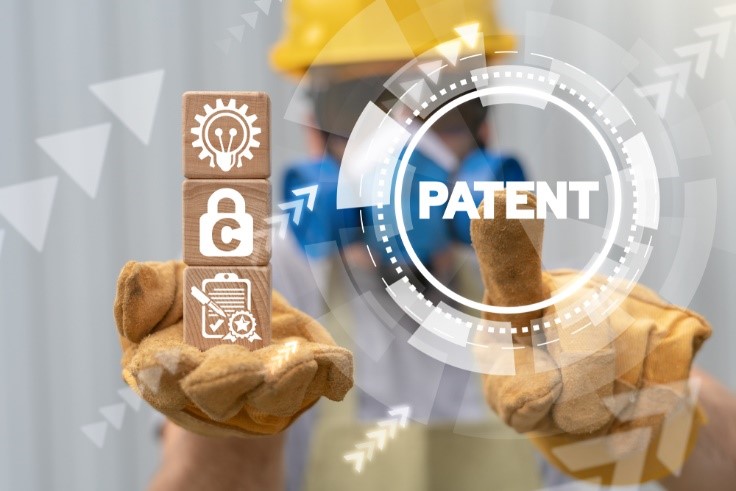
Patents are typically granted for things which have proven utility, are original and non-obvious. Patents can be granted for tools, machines, compositions, new plant species, production process, or even for upgrades made to previously existing inventions. In 2018, India filed 2,013 patent applications with the World Intellectual Property Organization (WIPO), which was an increase of 27% over its previous year’s tally of 1,583. Meanwhile, from China, 53,345 patent applications were filed which is only slightly less than the number of patent applications filed by the U.S.A. in 2017 which totaled 56,142.
How can it help with tax savings?
In India, Section 80RRB of the Income Tax Act 1961 allows for deductions for royalty payments made to a patent-holder. However, several guidelines have been identified including eligibility. Firstly, only the person holding the patent is eligible to apply for exemptions under Section 80RRB and this person has to be an Indian resident. Secondly, the patent for whose royalty payments the deductions under Section 80RRB are being claimed has to be registered under the Patent Act 1970, and it must have been registered after April 1, 2003.
There are several considerations under which deductions under Section 80RRB can be granted. Read on to learn what they are.
- The maximum amount that can be claimed as deductions under Section 80RRB against royalty payments is ₹ 3 lakh. If the total royalties received are under that amount, then only the amount received is eligible for deductions.
- Even if the individual holding the patent has a separate source of income, only the amount they receive as royalty on patents is applicable for deductions under Section 80RRB.
- If the royalty payments originate from abroad, then deductions under Section 80RRB can be availed only for payments received within 6 months of completion of the financial year in which that income has been earned.
- The claim for deductions can be cancelled if the person seeking the deductions is unable to produce documentary evidence of the patent in question.
- Only resident Indian individuals can avail this deduction under Section 80RRB.
- In cases where the government, in public interest, grants a compulsory license to use the patent; the Controller of Patents of the Government decides on the amount of royalty on patents. In such cases, the deduction claimed on royalty payments cannot be more than the settled-upon amount.
Patents and the associated royalty on patents are a product of hard work. It is important to not lose this hard-earned money through payment of taxes and the like. Section 80RRB can help prevent such situations, by offering deductions on royalty payments.


Comments